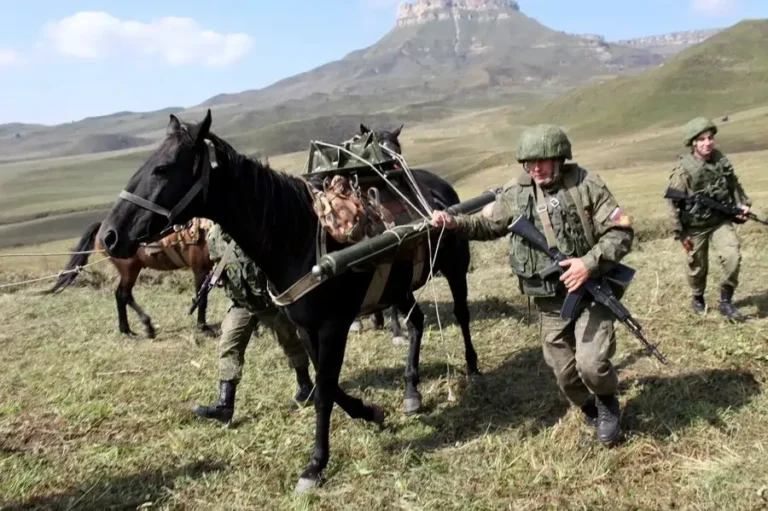Russia
Putin and Orbán in secretive phone call: here’s how the Russian President would arrive in Budapest

Sooner than expected: Here’s when Trump and Putin will meet in Budapest for potential peace talks

PM Orbán: Europe has to negotiate with Russia

Orbán and an unmuted mic: we’ve learned when he’ll meet Trump – who is also set to hold talks with Putin in Budapest

Ukraine’s intelligence chief: Russia would have already lost the war if not for its allies

Hungary sent fake observers to Georgia’s elections

Trump cannot understand why his friend, Putin, did not end the war in Ukraine

Ukraine reports Russian plan leak amid new warning from Moscow to Moldova

‘Dramatic’ turning point: Kremlin warns Tomahawk missiles to Ukraine could be nuclear-capable

Armed Russian soldiers appeared near the Estonian border: area sealed off – video

Revealed: Most foreign fighters on Russia’s side come from this country after North Korea

Huge problem in the Russian army? Moscow almost ran out of working tanks

British nationals among those killed in Russian attack in Ukraine

Rosatom’s big win: How they secured the green light to power Hungary’s next nuclear giants

US sanctions cripple Serbia over Russian oil, Hungary also affected

German chancellor: Russia is an enemy of our region – video

Russian soldiers train for horseback assaults – and donkeys may join the frontline

Poland rallies its air force in response to fierce and devastating Russian assaults – what will happen next?





 ZH
ZH IT
IT DE
DE HR
HR NL
NL FR
FR JA
JA RO
RO RU
RU ES
ES TR
TR
